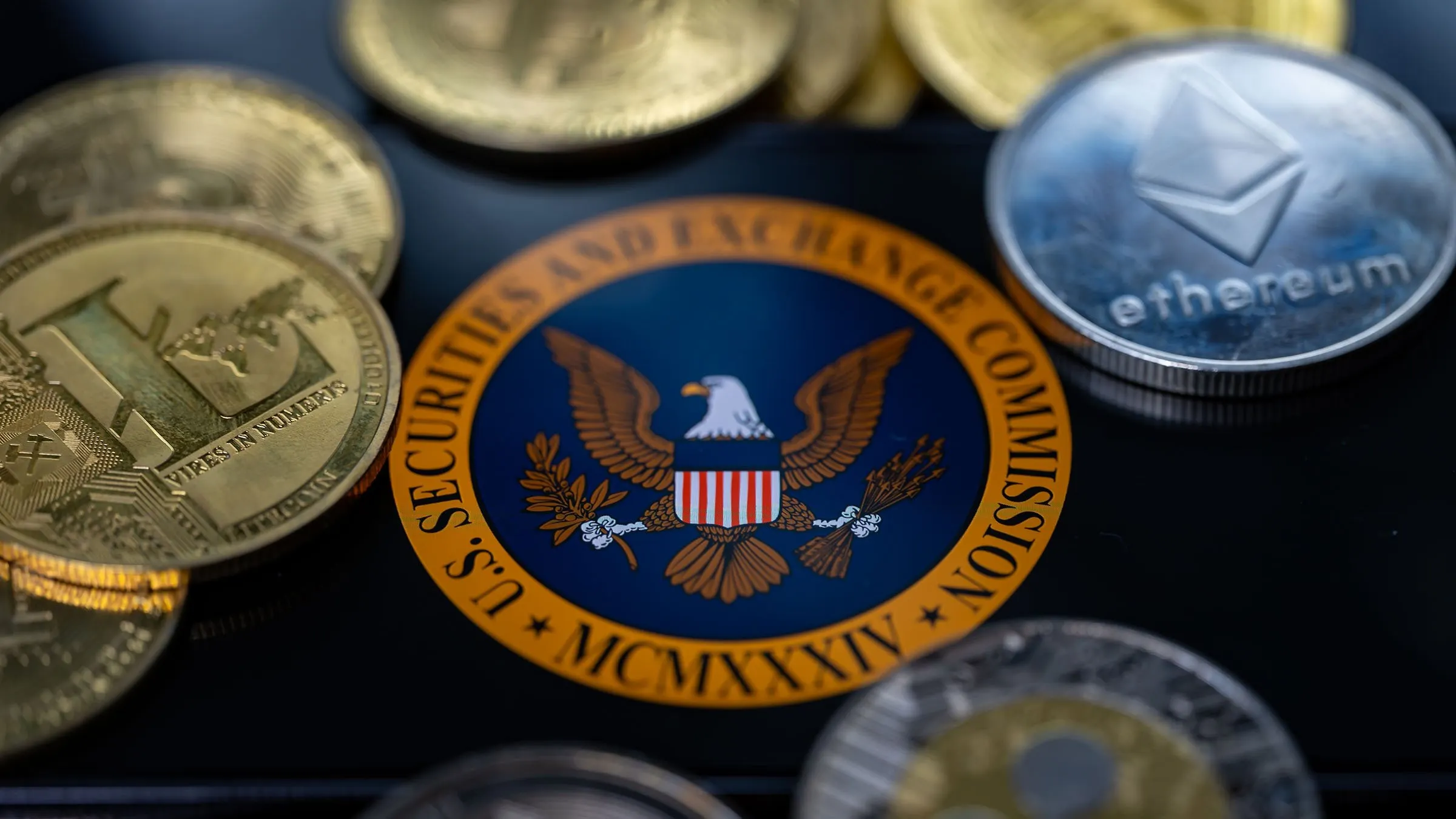As the U.S. Securities and Exchange Commission (SEC) presses forward with efforts to regulate crypto, the agency’s enforcement threats have left a sprawling paper trail across the industry.
Whether it’s entities issuing coins or exchanges enabling them to trade, more market participants are waking up to a so-called Wells notice. On Wednesday, that kind of letter boiled to the surface of the NFT space, as the prominent marketplace OpenSea said it had received one too.
Before the SEC takes formal legal action against an entity, the agency will often send targets of an investigation a Wells notice. The document outlines perceived violations of securities laws that have been committed, while providing the entity with an opportunity to rebut those claims.
Last year, crypto watchers became familiar with the term, as the SEC embarked on a spree of enforcement actions following the collapse of prominent crypto exchange, FTX.
Before the regulator sued Coinbase, for example, the company disclosed that it received a Wells notice focused on the firm’s asset listings and staking services. Since then, the list of organizations in the SEC’s crosshairs has only grown larger.
In response to Wednesday’s OpenSea revelations, Coinbase CEO Brian Armstrong said on Twitter (aka X) that he’s “long Wells notice companies,” telling OpenSea co-founder and CEO Devin Finzer, “Congrats and welcome to the club.”
Congrats and welcome to the club!
I’m long wells notice companies. https://t.co/cye8T5AlyS
— Brian Armstrong (@brian_armstrong) August 28, 2024
Notably, a Wells notice does not mean that an enforcement action is imminent. Rather, it signifies that the SEC’s Division of Enforcement will make a proposal to the Commission, which is subsequently considered and voted on by Commission members, according to the SEC.
Companies that the SEC has prepared to sue this year include the decentralized exchange Uniswap and the trading platform Robinhood. The SEC has yet to bring formal charges against those firms, which have each responded to their respective letters publicly.
Last year, a total of 46 Wells notices were followed by crypto-related enforcement actions, according to The Harvard Law School Forum on Corporate Governance. The figure represented a 53% increase compared to the number of crypto industry entities ensnared in SEC lawsuits the year before.
Under the leadership of SEC Chair Gary Gensler, the Division of Enforcement’s Cyber Unit was renamed in 2022, adding “Crypto Assets” to its official title. Featuring more investigative attorneys and fraud analysts, the unit’s size nearly doubled in 2022 to 50 full-time staffers.
In the SEC’s announcement, the Division of Enforcement identified key areas that its investigative efforts would focus on: digital asset offerings, exchanges, lending and staking products, DeFi platforms, NFTs, and stablecoins.
When asked for comment on changes to the SEC’s investigatory scope, an SEC spokesperson directed Decrypt to a 2023 speech from Gensler, in which the agency figurehead identified token issuers, crypto intermediaries, and lending and staking services as areas of concern.
Last month, the SEC’s Director of the Division of Enforcement Gurbir Grewal said some of these enforcement actions are straightforward. He said, “certain unregistered crypto offerings are nothing but straight rips, Ponzi schemes, affinity frauds, or other types of scams.”
At the same time, the Division’s allegations can focus on the nuances of offerings, such as stablecoins that aren’t stable, DeFi protocols that aren’t decentralized, and smart contracts that can be manipulated. In practice, Grewal described the SEC’s scope for crypto as broad.
“While we can appreciate the innovation around, and the technological advancements of blockchain and distributed ledger technology, we must also be cognizant of the risks and harms,” he said. “As in any other space, we have a duty to analyze whether the activity is subject to the federal securities laws and, if so, whether those laws have been violated.”
Edited by Andrew Hayward

